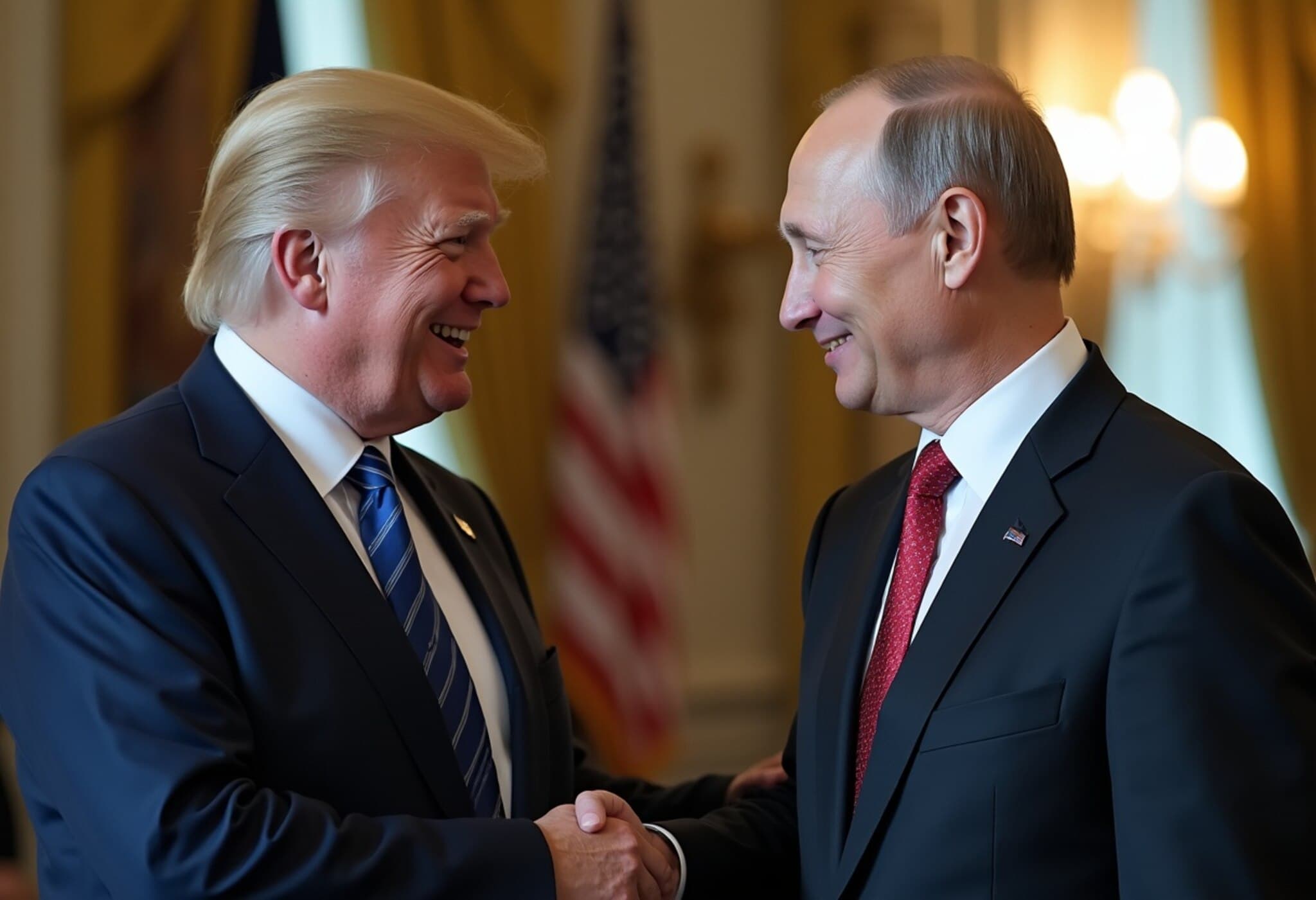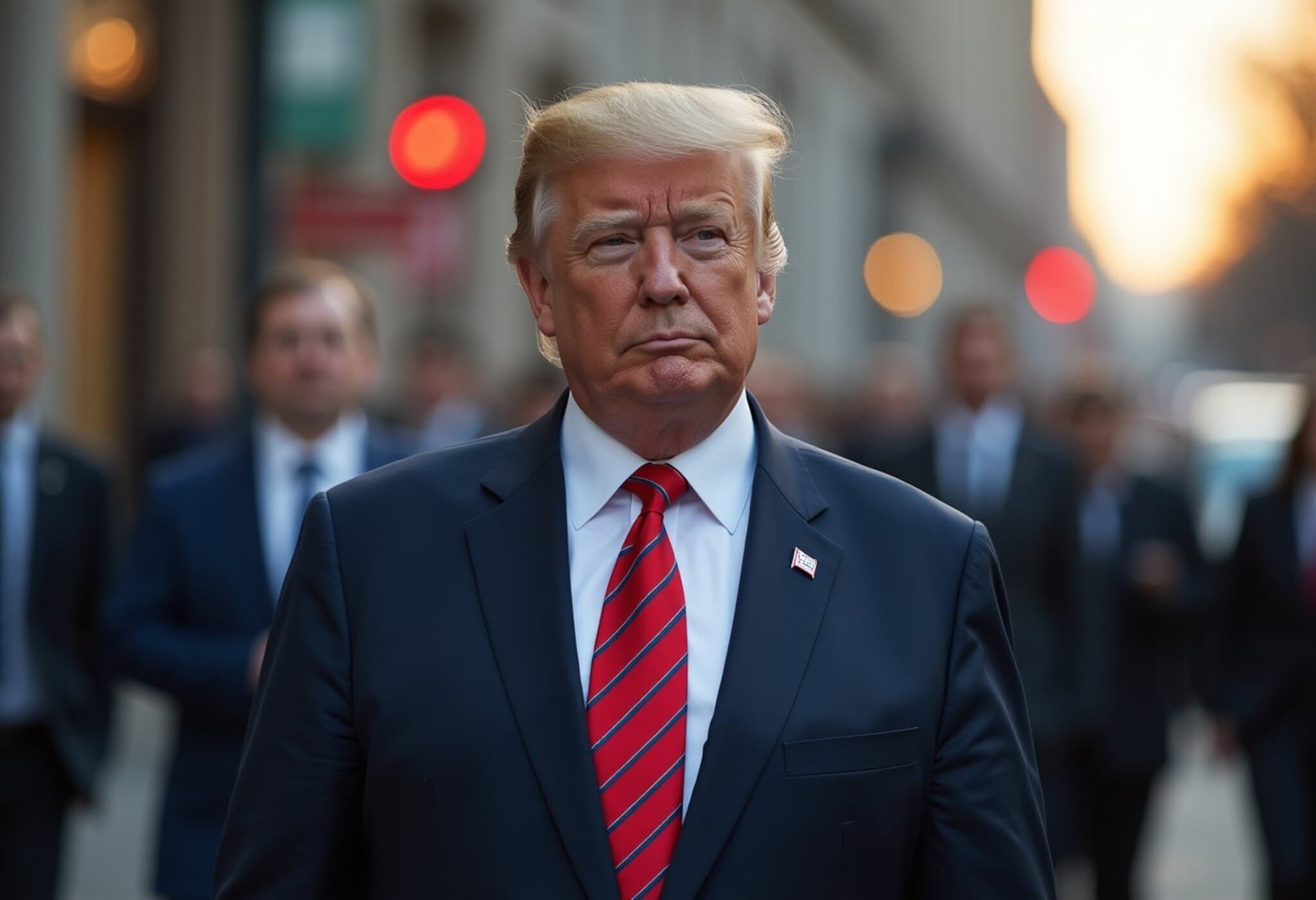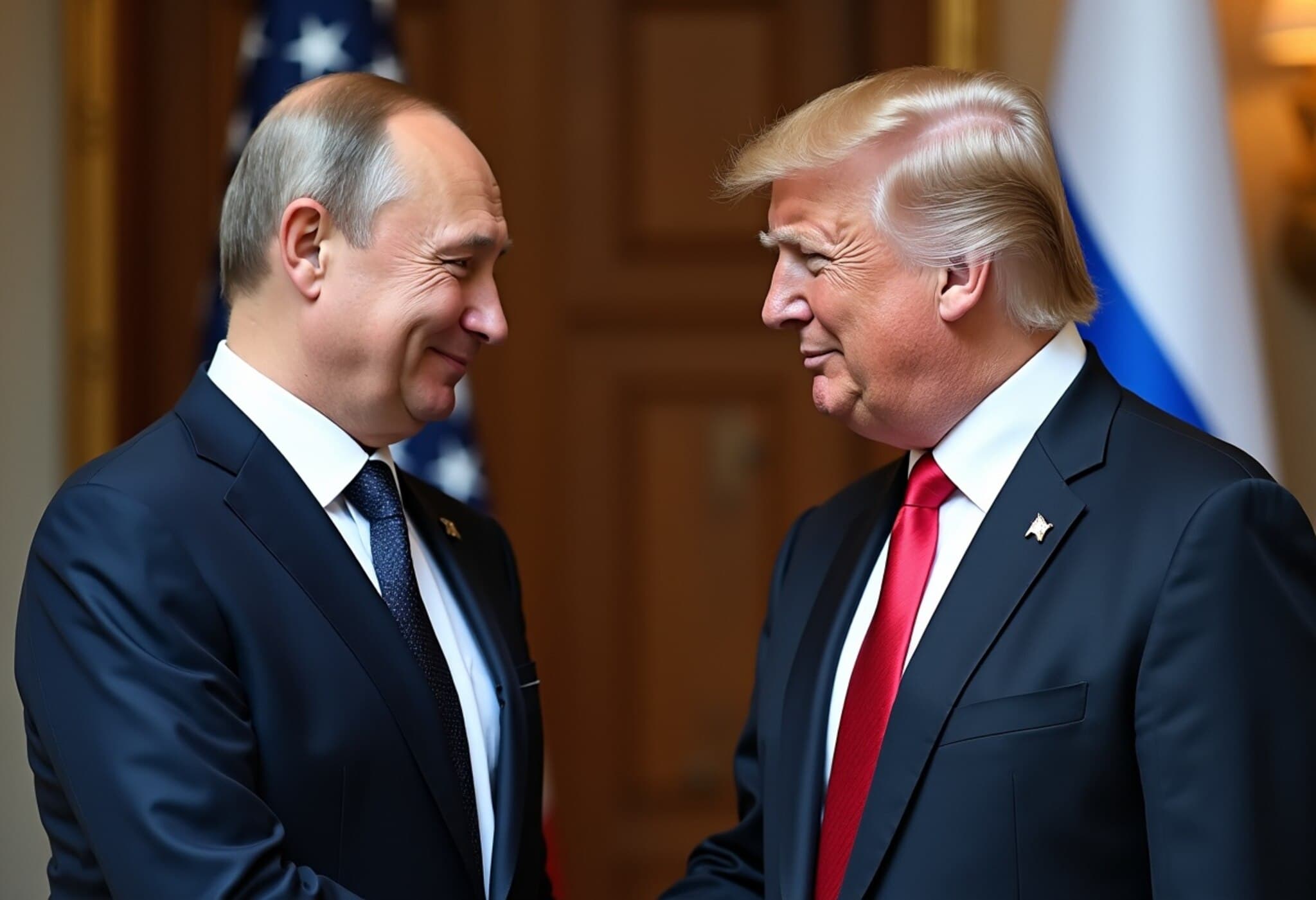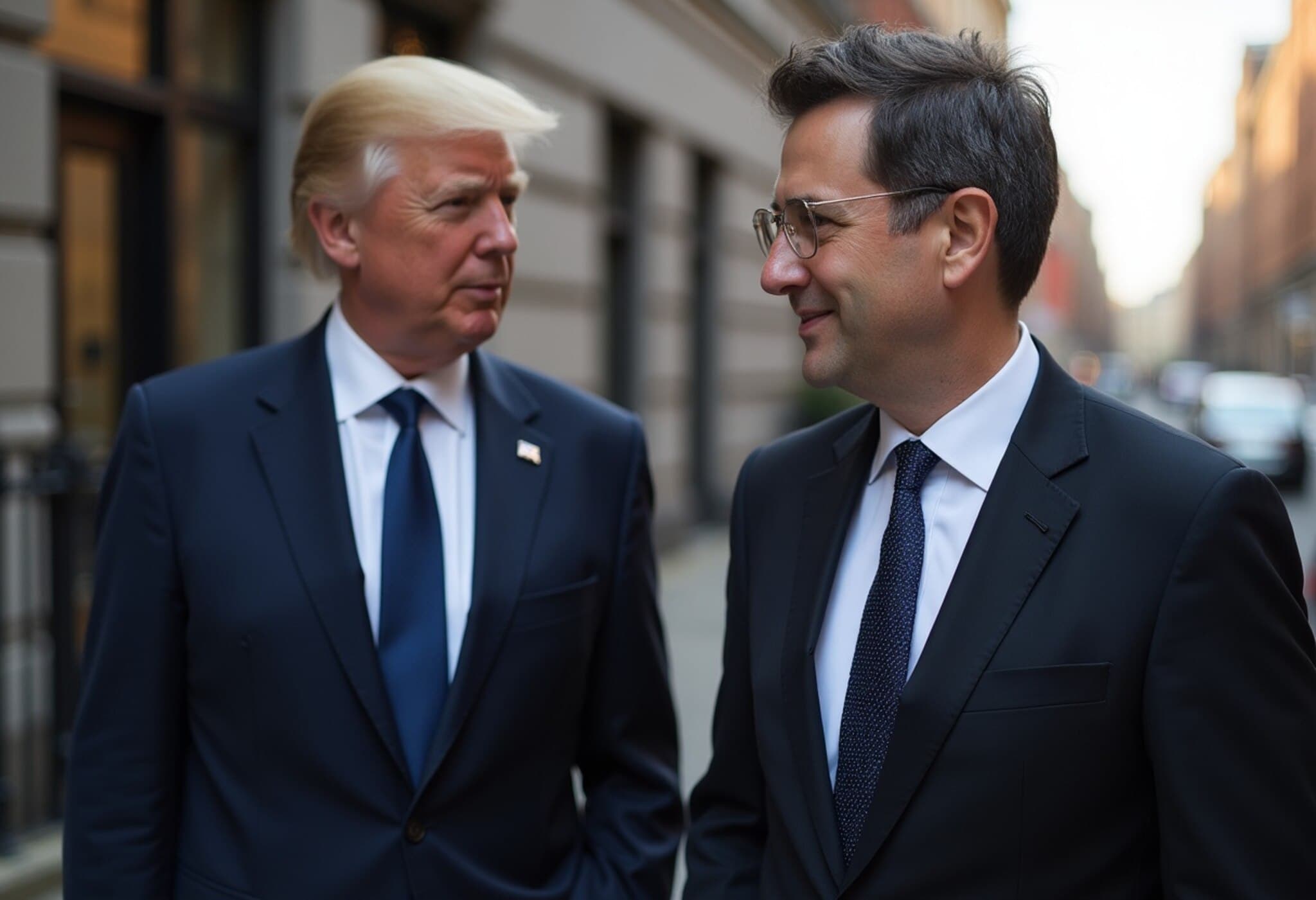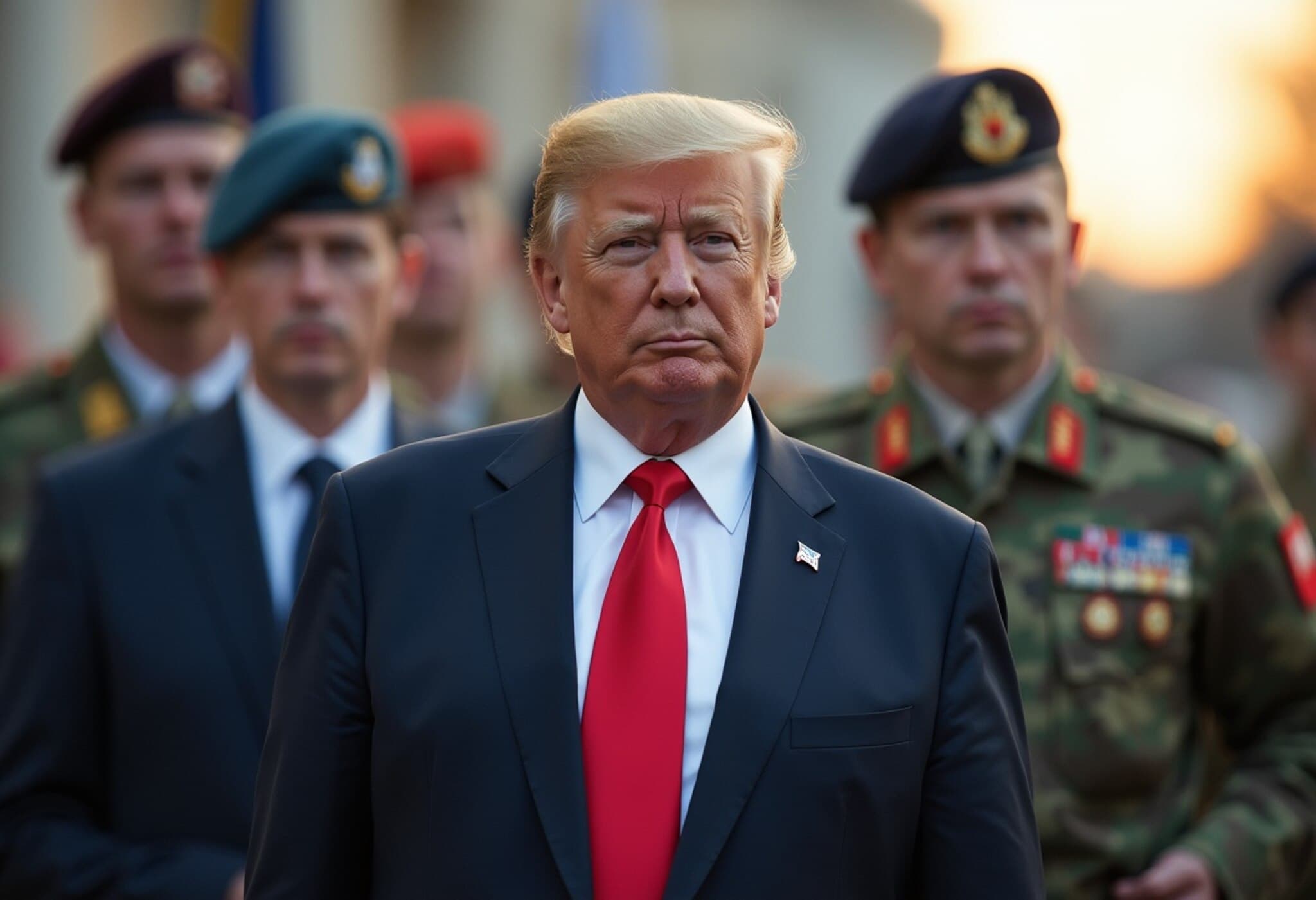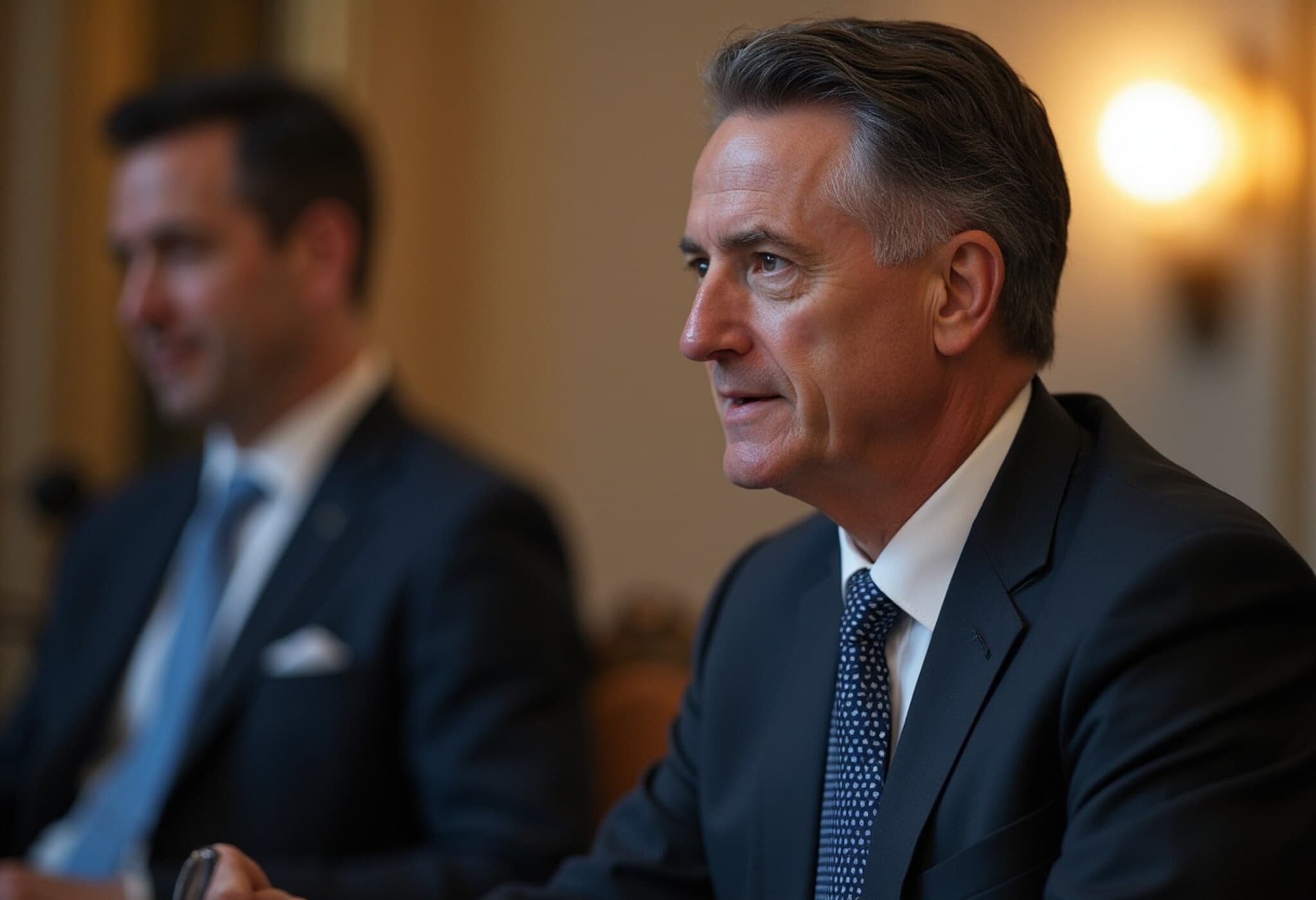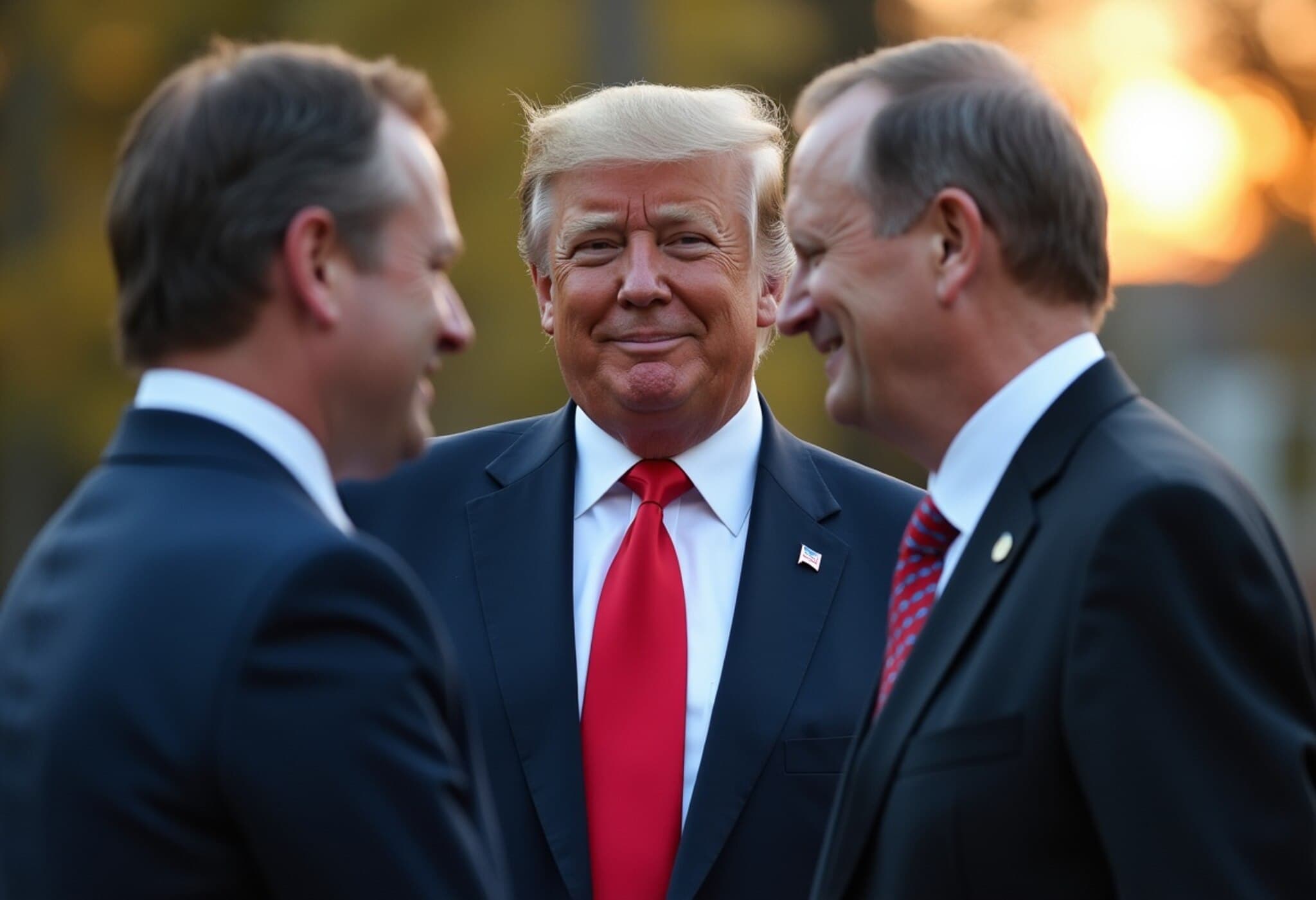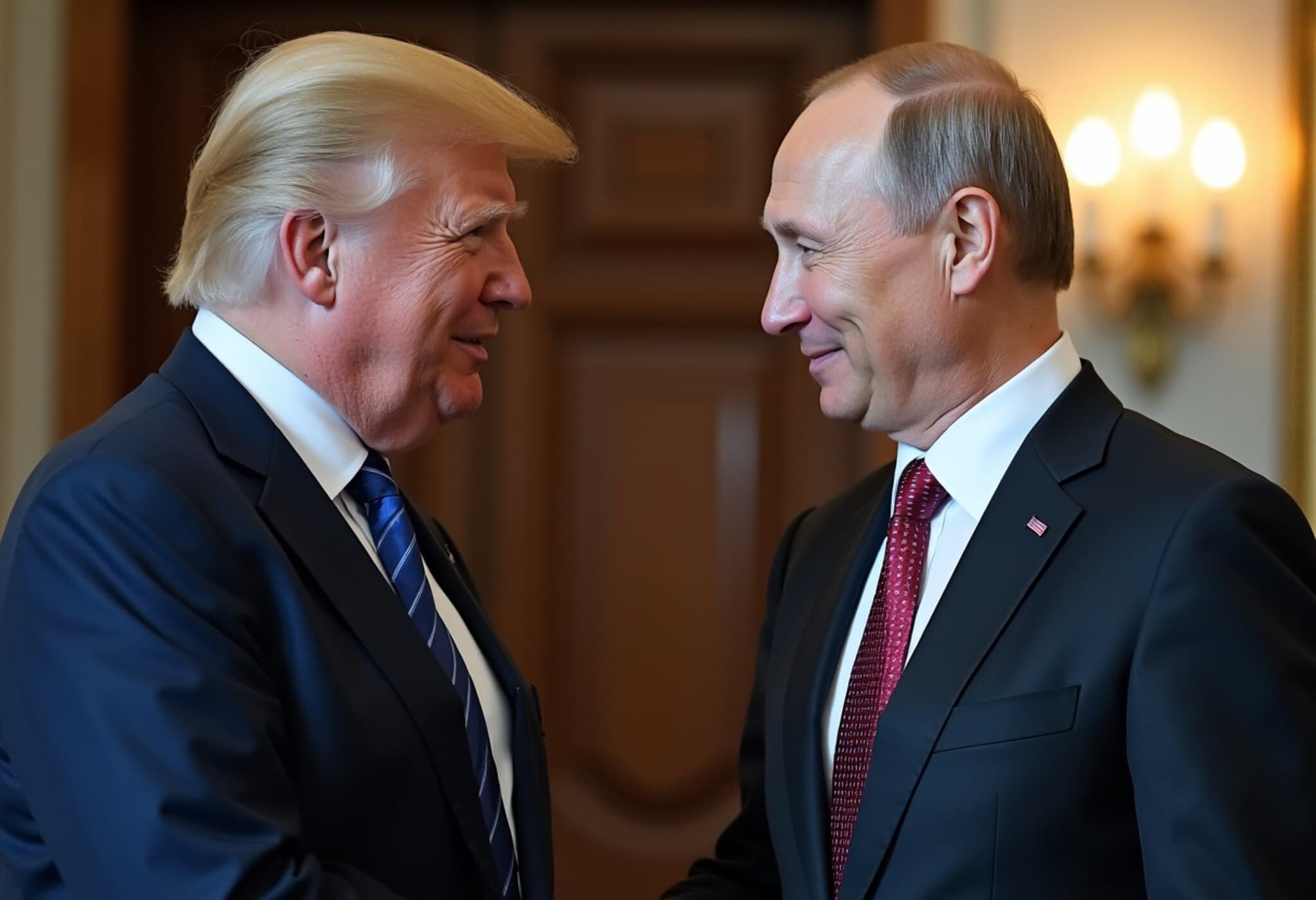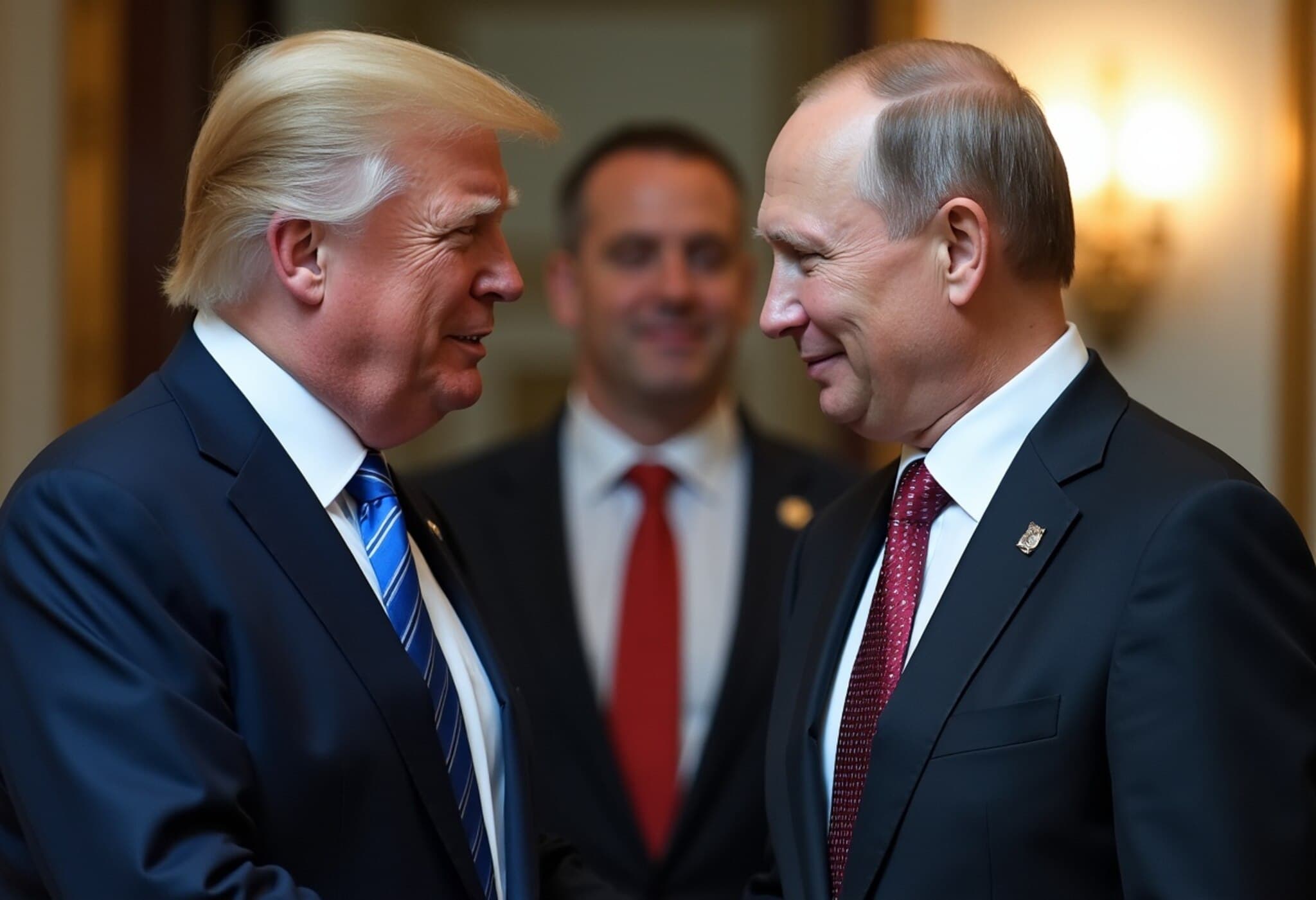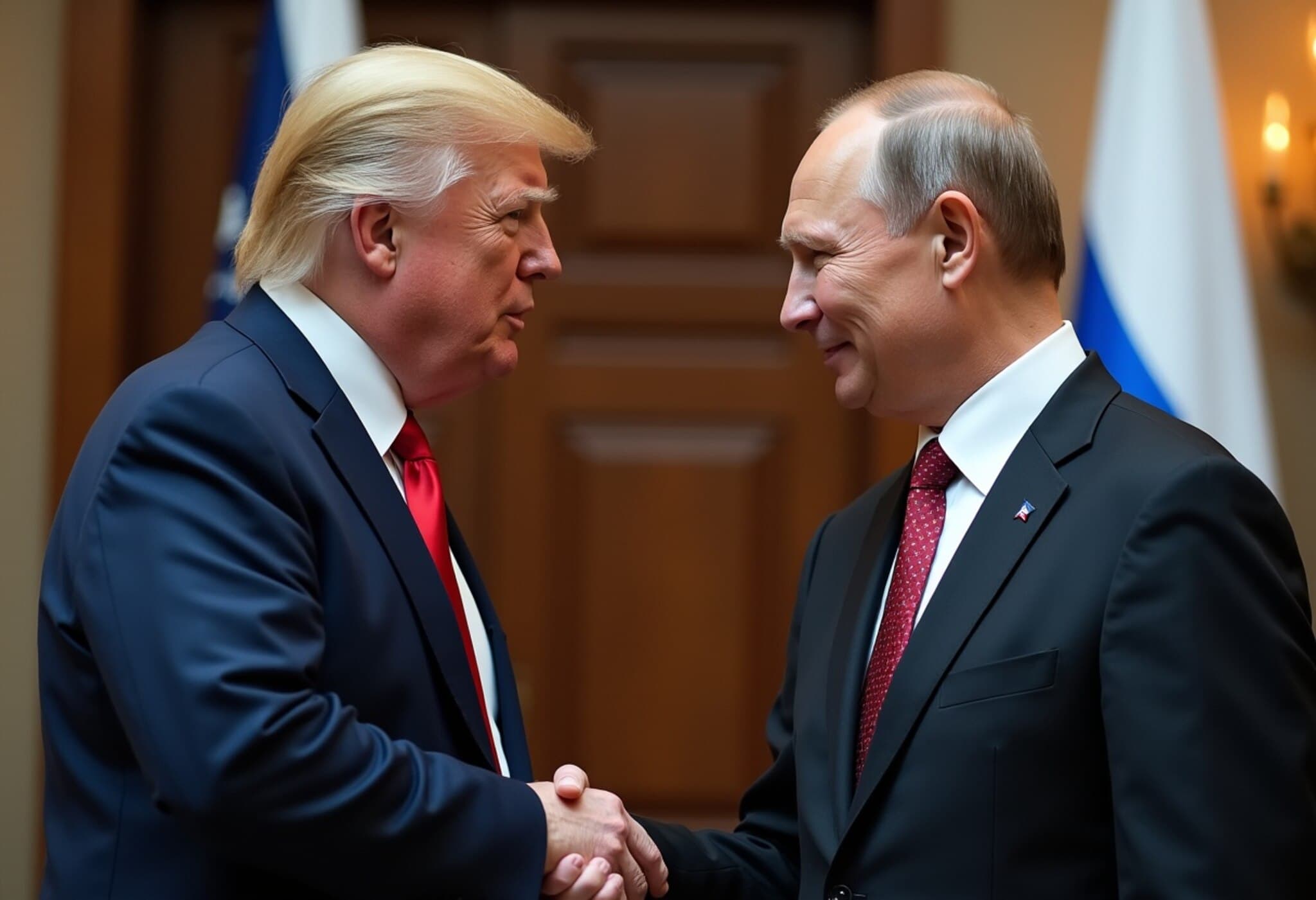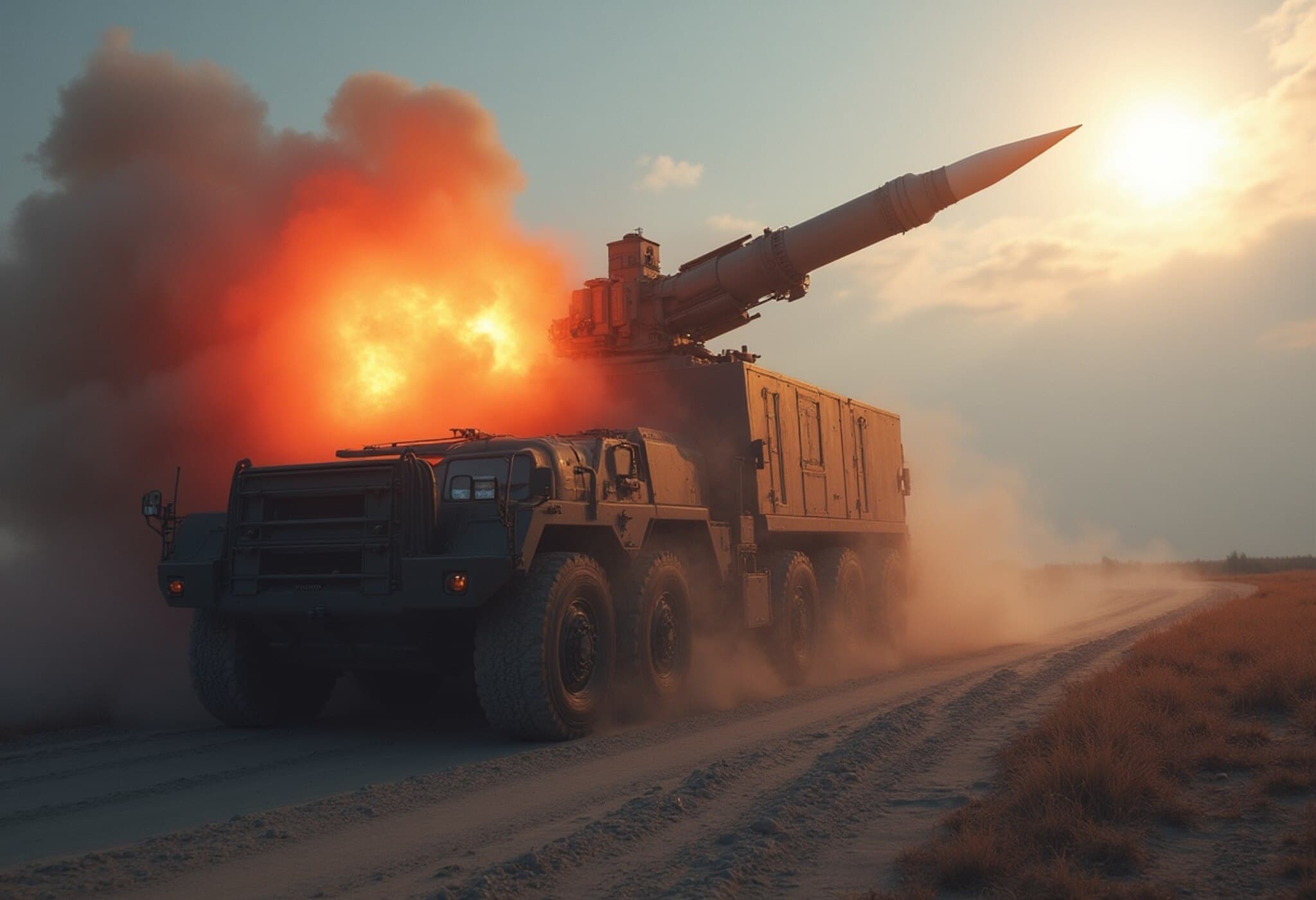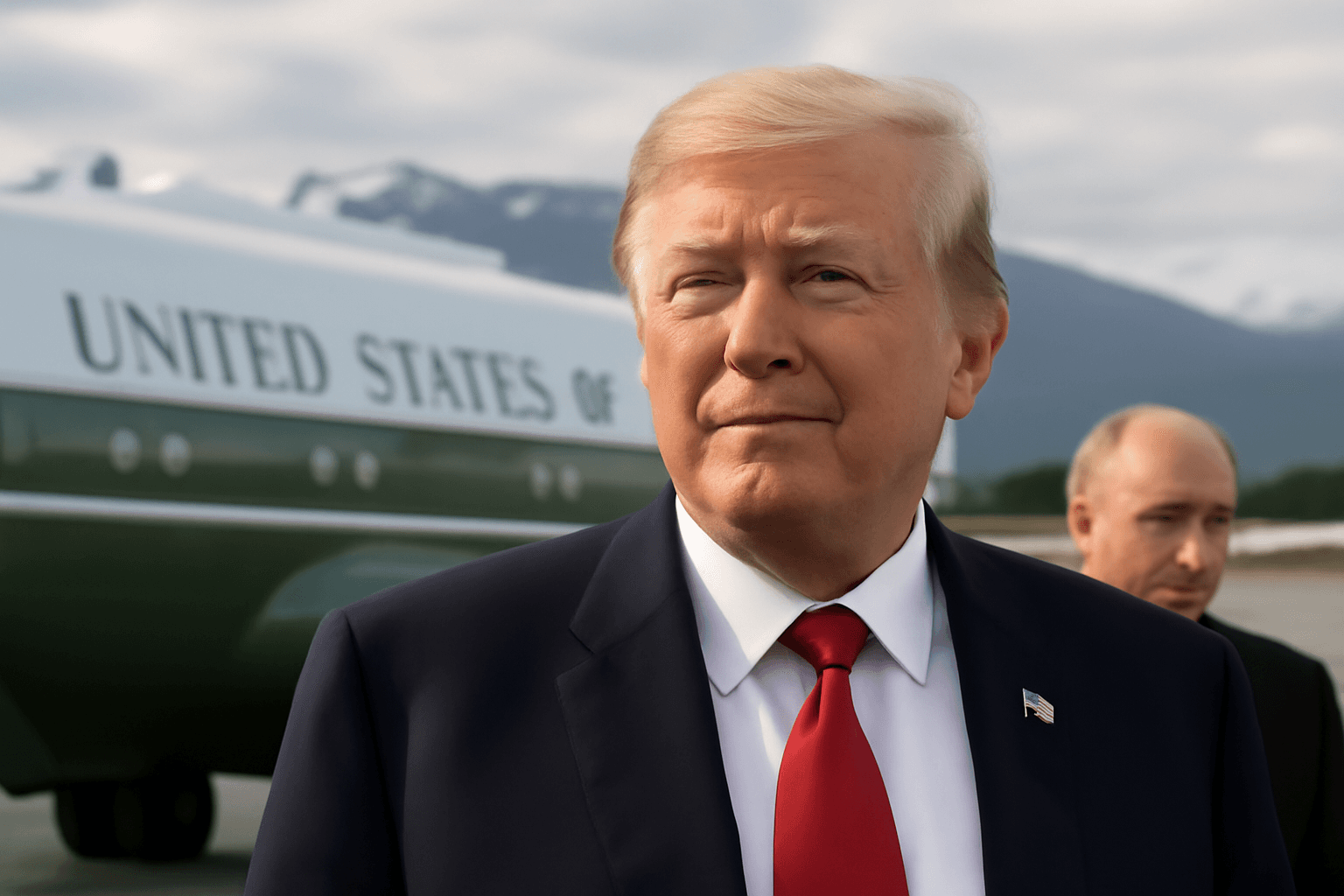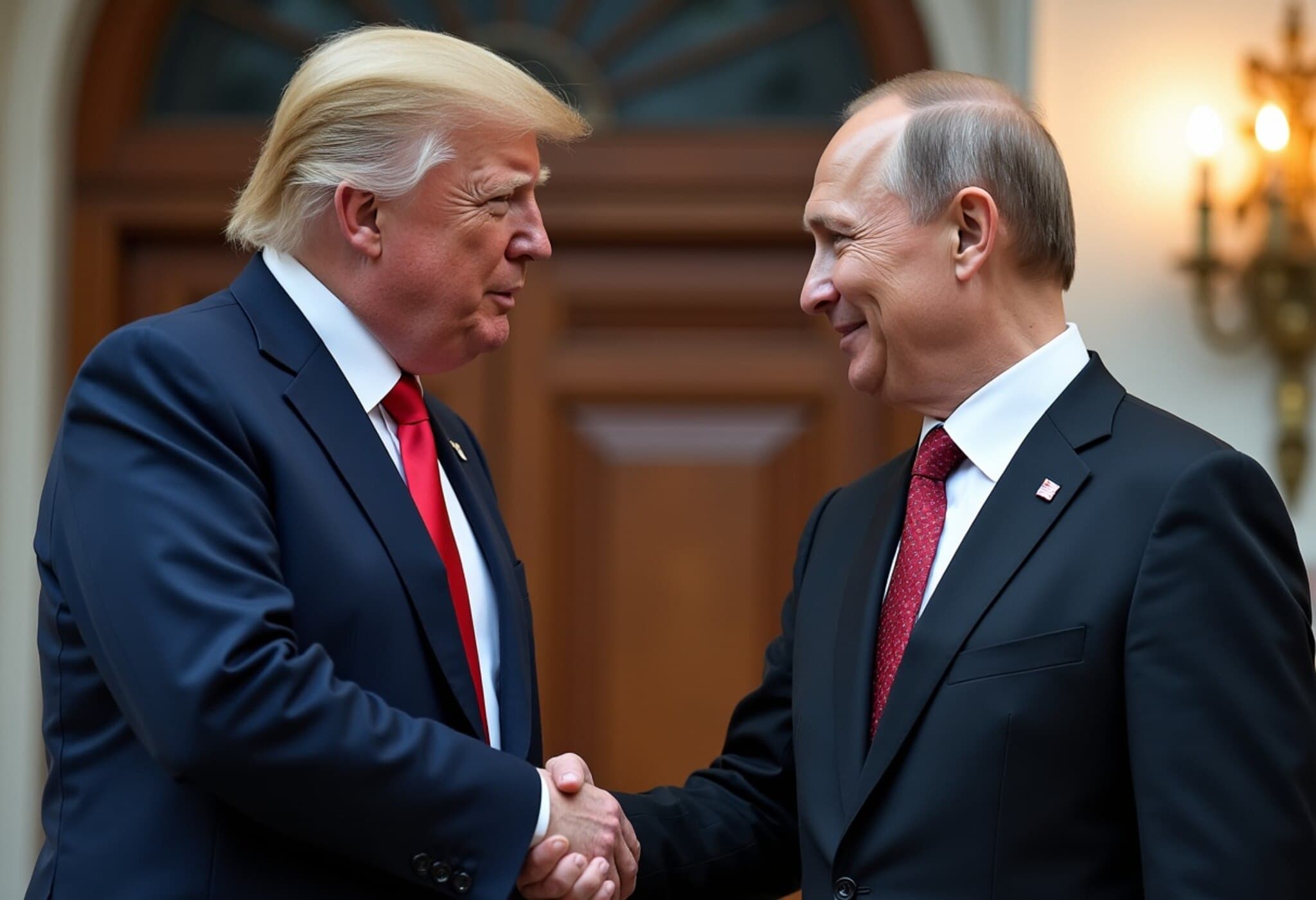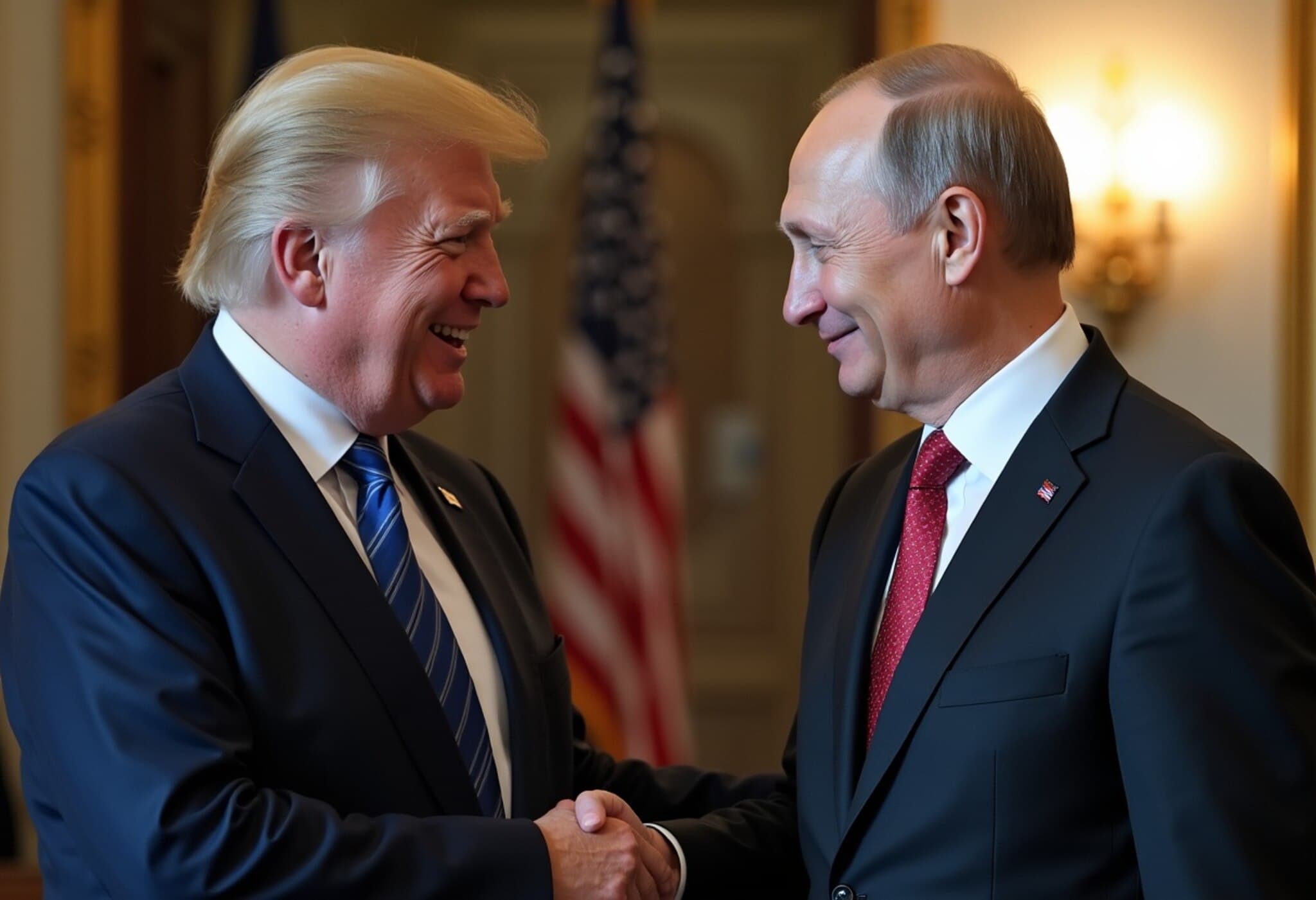‘Frank and Constructive’ Dialogue Marks Renewed Hope for Ukraine Peace
In a significant diplomatic development, U.S. President Donald Trump engaged in a 40-minute phone call with Russian President Vladimir Putin, an interaction warmly described by Kremlin aide Yury Ushakov as "frank and constructive." This call, following Trump's meetings with Ukrainian President Volodymyr Zelenskyy and several European leaders at the White House, has ushered in tentative optimism over efforts to resolve the ongoing conflict between Russia and Ukraine.
Bridging Divides: Strategic Dialogues on Ukraine’s Future
The phone conversation came on the heels of critical White House talks involving key European allies and Kyiv's leadership, signaling a coordinated push toward renewed negotiations. Trump briefed Putin on these discussions, emphasizing the importance of direct negotiations between Russian and Ukrainian delegations. Both leaders underscored the necessity to sustain and enhance these channels of communication as a pathway to peace.
- Phone call duration: Approximately 40 minutes.
- Shared objectives: Continuation and intensification of direct Russia-Ukraine negotiations.
- Mutual acknowledgments: Putin thanked Trump for his recent hospitality during the Alaska summit and recognized progress achieved at that meeting.
- Future engagements: Agreement to maintain close contact on the Ukraine conflict and other global issues.
Implications of a Possible Zelenskyy-Putin Summit
Following these talks, momentum appears to be building for a historic face-to-face meeting between Volodymyr Zelenskyy and Vladimir Putin—their first since Moscow’s invasion that began over three and a half years ago. This potential summit could be a game-changer, especially as it comes amid heightened calls for concrete security guarantees for Ukraine from European nations.
From an American geopolitical perspective, Trump's involvement in brokering this dialogue reflects a strategic effort to assert influence over the peace process. It also raises important questions about the role of U.S. mediation in a conflict that has profound implications for European security architecture and global stability.
Expert Perspective: Navigating a Complex Diplomatic Landscape
Experts caution that while these conversations are promising, the path toward lasting peace is fraught with complexity. Issues such as territorial integrity, sanctions relief, and political recognition remain deeply contentious. Furthermore, the U.S.’s balancing act between supporting Ukraine’s sovereignty and engaging Russia diplomatically demands nuanced policy navigation.
Moreover, the Kremlin's praise of the call underscores Russia’s desire to project an image of openness to dialogue, potentially as a tactic to shift international perceptions as sanctions and military pressures persist.
Looking Ahead: Sustaining Momentum Amid Fragile Talks
The upcoming weeks will be critical as diplomatic channels remain active. Close monitoring of the potential Zelenskyy-Putin encounter and follow-up actions will shed light on the durability of these tentative steps toward peace. For the United States and its allies, supporting transparent negotiations while preparing for various contingencies remains the top priority.
Editor’s Note
This renewed engagement between Trump and Putin, combined with Ukrainian and European diplomacy, signals a fragile but notable pivot in the Ukraine conflict. Readers should watch for developments around proposed peace talks and security guarantees, aware that while dialogue opens doors, the complexities of wartime diplomacy require cautious optimism. How these talks influence the broader regional security dynamic and US-Russia relations will be pivotal in shaping the next chapter of this international crisis.

